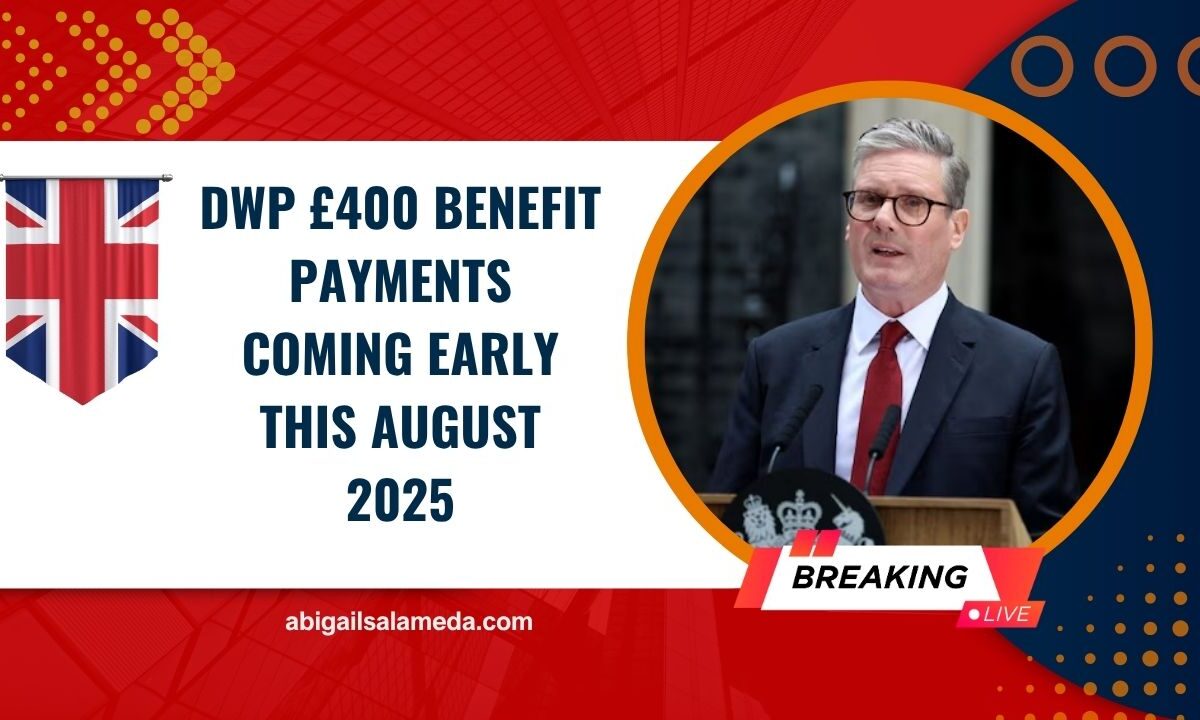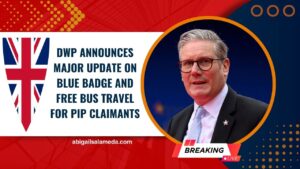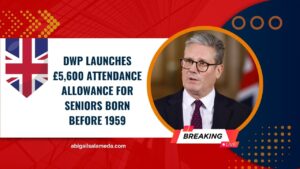Millions of UK benefit recipients rely on monthly payments from the Department for Work and Pensions (DWP) to cover essential expenses like food, rent, and energy bills.
In August 2025, due to the Summer Bank Holiday, many recipients will see their payments arrive early—a small change that can impact budgeting for thousands.
This guide breaks down who’s eligible, which benefits are affected, when to expect your early payment, and what support is available if you’re struggling financially.
Why Are DWP Payments Arriving Early in August 2025?
The Summer Bank Holiday falls on Monday, 25 August 2025, when banks and government offices are closed. As a result, DWP payments scheduled for that day will be processed on Friday, 22 August 2025.
Even if your regular payment was due on Saturday, 23 August or Sunday, 24 August, you’ll still receive it on Friday, 22 August, as DWP doesn’t process payments on weekends.
Which Benefits Are Affected?
The early payment applies to a wide range of DWP-administered benefits. Here’s a list of those impacted:
| Benefit Name | Usual Monthly Amount (Approx.) |
|---|---|
| Universal Credit | Up to £400.14 (single adult, 25+) |
| State Pension | Up to £221.20/week (full new State Pension) |
| Pension Credit | Income support for low-income pensioners |
| Child Benefit | £25.60 (eldest child), £16.95 (additional children) |
| Personal Independence Payment (PIP) | Up to £749/month |
| Disability Living Allowance (DLA) | Varies by care and mobility needs |
| Attendance Allowance | Up to £110.40/week |
| Carer’s Allowance | £81.90/week |
| Employment Support Allowance (ESA) | Up to £84.80/week |
| Income Support & Jobseeker’s Allowance | Varies by age and status |
If you’re receiving one of these benefits, check your bank account on 22 August.
Will the Payment Amount Change?
No. The only change is the date of payment, not the amount. You’ll receive your standard monthly entitlement, unless:
- Your income has changed
- Your living situation or family structure has shifted
- You’ve started receiving another benefit
Always ensure that your personal details (e.g. bank, address, doctor) are up to date with DWP to avoid delays or mispayments.
Managing Early Payments: A Budgeting Tip
Receiving your payment early may feel like a blessing, but it comes with a catch. Your next scheduled payment will follow the normal 4-week cycle, meaning this month’s payment has to stretch longer.
It’s advisable to:
- Create a spending plan
- Prioritise essentials
- Avoid treating early payment as a bonus
Need Extra Financial Help? Here’s What You Can Do
1. Budgeting Advance Loan
If you’re on Universal Credit, you can apply for an interest-free loan:
| Applicant Type | Loan Amount |
|---|---|
| Single | Up to £348 |
| Couple | Up to £464 |
| With Children | Up to £812 |
Repayments are deducted automatically from future benefits.
2. Household Support Fund
Running until March 2026, the Household Support Fund (HSF) provides help with:
- Food
- Fuel and energy
- Clothing or white goods
- Emergency essentials
Contact your local council to apply. Support can vary across regions and may include vouchers, cash cards, or direct payments.
What’s Next? Upcoming Holiday Impact
After August, the next major change comes in December 2025 due to Christmas and Boxing Day:
- Payments scheduled for 25 or 26 December will be issued on Tuesday, 24 December 2025.
Mark your calendars and plan your budget accordingly.
Receiving your DWP payment early in August 2025 is a helpful adjustment, but it’s important to manage it wisely.
The amount won’t change, but your monthly cycle shifts slightly. Use this opportunity to review your finances, update your details with DWP if necessary, and consider additional support if needed.
FAQs
Will I get my DWP payment early in August 2025?
Yes, if your payment date is August 25, it will be deposited on August 22.
Which benefits are affected by the August bank holiday?
Universal Credit, PIP, State Pension, Child Benefit, Carer’s Allowance, ESA, and others.
Can I get extra help if I’m struggling financially?
Yes, you may qualify for a Budgeting Advance Loan or support from your local council through the Household Support Fund.




